For the past two years, I have dedicated an enormous amount of time dealing with cultural issues, in particular, the intersection of Christianity and homosexuality. I have come to realize that I could spend a lifetime simply responding and defending certain actions/behaviors. However, this has detracted away from providing a positive influence on the progression of Christianity. My passions exceed being simply a corrective for Christianity within our culture. This means much of my blogging from this point forward will be theologically/philosophically focused in order to begin providing some much-needed change of theological perspective for the Church.
As I make this change in what I write for the second half of the year, I thought it useful, to begin with, a brief reflection.
A reflection on me & life
I have been a Christian for 20 years. It doesn’t sound very glorious. I probably won’t have a party or celebration, but it’s a nice round number. Of that time, 10 years have been dedicated to higher education; learning and practicing the fundamentals of the faith. I have had many great opportunities and experiences in that time. I have given talks, preached, and taught throughout the country. I have served formally and informally in church and parachurch organizations. For the last 20 years, I have seen the good, the bad, and the profound ugliness that Christianity, perhaps more accurately the Church, has to offer.
I am not the same person I was 20 years ago. I think, if we are doing life correctly, we all should be able to say that. But, I am also not the same Christian I was 20 years ago. From the small conservative Baptist church I was discipled in, to the rogue gadfly I am today, I am without question the product of my collective experiences. I try not to dwell on the past, but use those experiences to help me grow as a person and a Christian.
None of this makes me unique, it just makes me, ME.
Throughout my life, I have been a student of people. We often hear how diverse humans are, but at our most fundamental level, I think we are really quite simple. Most of us just exist day-to-day. We rarely challenge ourselves to think broader than the scope of our experiences. Sometimes we do this because we don’t know how to do anything different, but most of the time we simply don’t want to. We get stuck in the seemingly endless circle of our day-to-day duties and when we look up 20 years have gone by.
Then there are those people (a much smaller group) who desire to understand the life they are living. They ask questions of themselves that most are afraid to ask. They question what they experience because they understand how limited their perceptions are in discerning truth.
At least for the last 15 years, I have attempted to live the latter. At some point, I came to the realization that much of life is outside of my control. I see far too many people attempting to control their lives in order to make their world more predictable and, therefore, safe. I understand that I cannot control my world, but I can try to make it a better place. Moreover, when I replaced control with intentionality, the abundant joy that life has to offer revealed itself.
Perhaps even more important was how intentionality and questioning helped to UNdefine my faith. Those who believe they have a clearly defined faith in every way fail to understand that God is alive and active in today’s world. When your faith is defined and systematized so completely, you are less likely to see God at work in your life. Why? Because God is above and beyond any of our most imaginative expectations. I suspect if any of us were truly in his presence (in the Spirit, through prayer and meditation), we would not be standing tall and proud. No, I suspect we would be humbled and low wiping our tears from his feet.
I have included some short aphorisms that I have learned along the way. I hope they are as insightful to you as they have been for me.
Some Aphorisms:
- Questioning is not the same thing as doubting. Doubt is suspicious of truth whereas questioning attempts to make sense of it.
- I used to be an absolutist when it came to understanding God and scripture. At some point, I realized how arrogant I was in assuming that I could in some way capture the truth of God in my tiny little mind. I also realized that subjectivity is simply one’s position relative to the truth of God and not the truth in itself.
- Like many Christians, I used to be obsessed with the security of my salvation. However, God does not promise me security, but he DOES promise me hope. This hope has nothing to do with my ability to perceive the absolute correctly. It does not rest in any form of certainty whatsoever. It rests in the constant struggle of being a follower of Christ. It’s about obeying WHEN I am commanded. It’s about living out my salvation with fear and trembling. In the end, it’s about saying I believe the Word (Jesus) was sent to reveal God – I believe not because I am able to place my finger in his wounds, but because he was willing to have wounds, to begin with.
- For so long I believed the central message of the Gospel was sin and my salvation. I was wrong. I was wrong because that is only part of the story. What’s more, the story is largely NOT about me, but about the Jewish people. We are good at focusing on the birth, cross and resurrection narratives. What we are not so good about is understanding the real purpose of the gospels: to provide an account of the life of Christ as an example for us to live by.
- Who would ever want to live in truth? Truth is a terribly dreadful place. You see truth does not care who you are. It makes no concessions and is never arbitrary. Like a beacon shining in the dark, it will always expose untruth. To live in truth is to be constantly reminded of just how much untruth exists in our lives and in the world. Yes, indeed, the truth is a very dreadful place; but there is nowhere else I would rather be.
- The best thing for the Church is to stop pretending; to stop pretending that being a Christian is not difficult at times; to stop pretending that we have all of the answers; to stop pretending that we don’t doubt at times the very things we preach. It seems to me that once we stop the charade we have no choice, but to express a more authentic version of what it means to be a Christian and inevitably present a Christ is that real. That’s what’s missing in much of the Church: belief in a Christ who is real!
- The Chief aim of the Christian life should NOT be to acquire knowledge, but wisdom. Wisdom is a paradox in that it both negates and affirms knowledge. For only the wise are able to know how much they do not know. At the same time, wisdom’s chief aim is in the individual’s ability to turn knowledge into experience.
- I really believe prayer is a terribly misunderstood practice of the Church. At some point, I realized that I should pray to God in order to have him present with me. We are fools if we think praying in faith has anything to do with what we command of God. No, quite the opposite; we have faith that he has even allowed us in his presence, to begin with. My praying in faith is about surviving such an encounter with a holy God.
- Paradoxes are not flaws, they are a part of nature. They serve to remind us how complex reality is. But even more, they serve to remind us of our place in this vast cosmos. Therefore, when we endeavor into any aspect of our world we should do so with utter humility constantly reminding ourselves of where we stand in proportion to this vast expanse we call home.
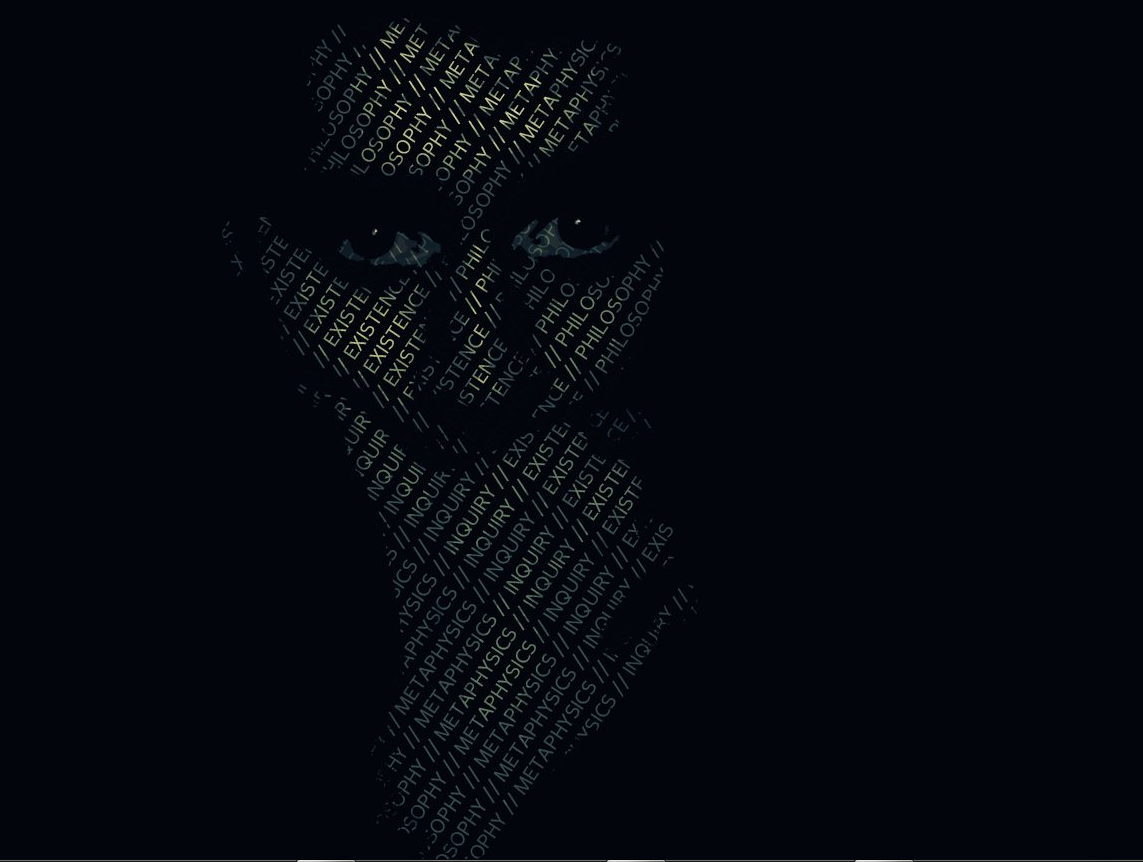



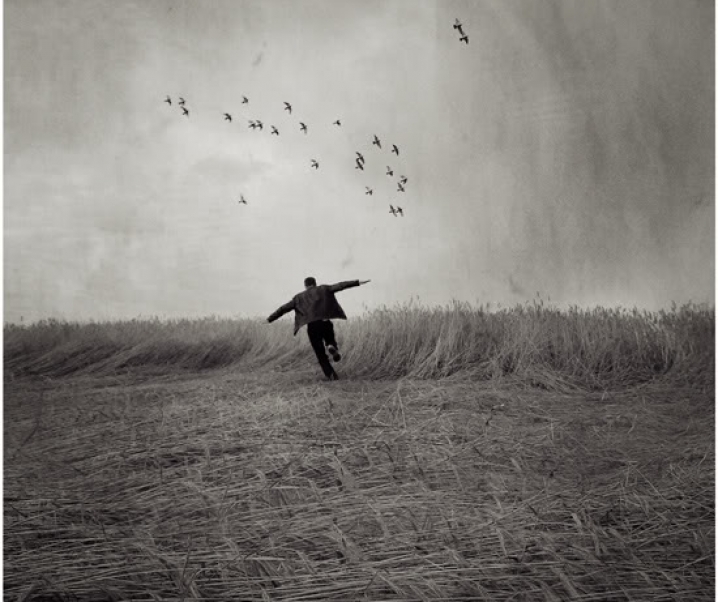
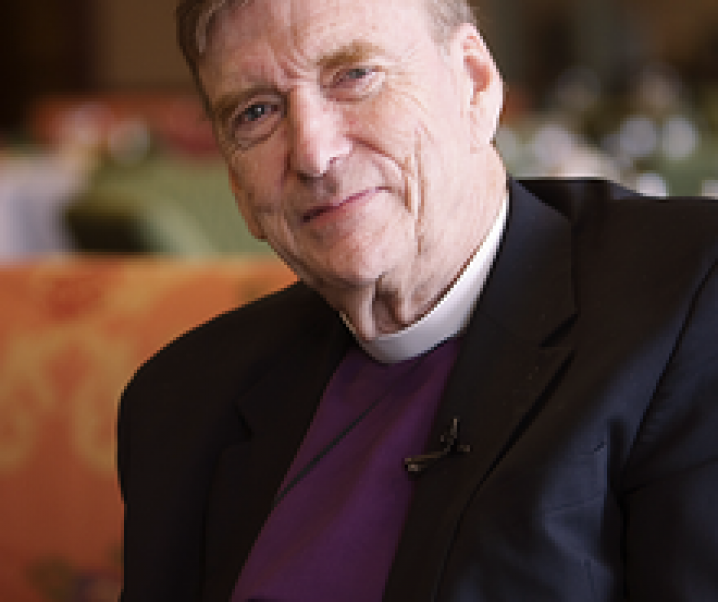

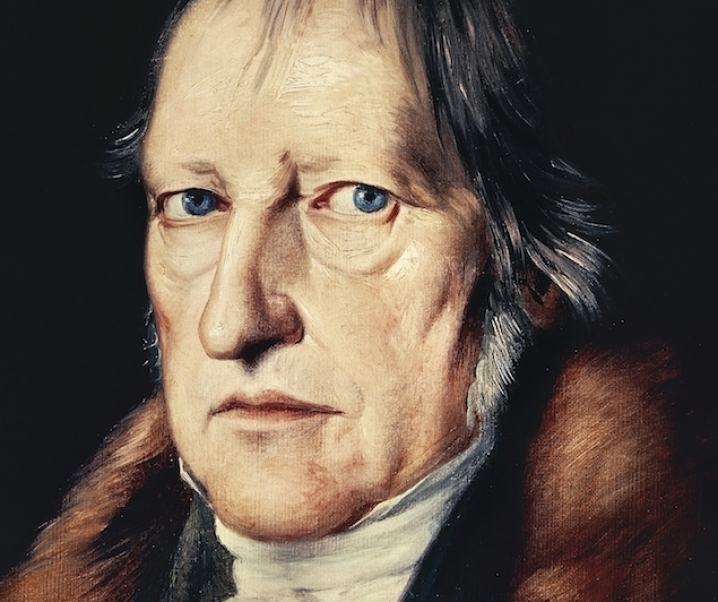
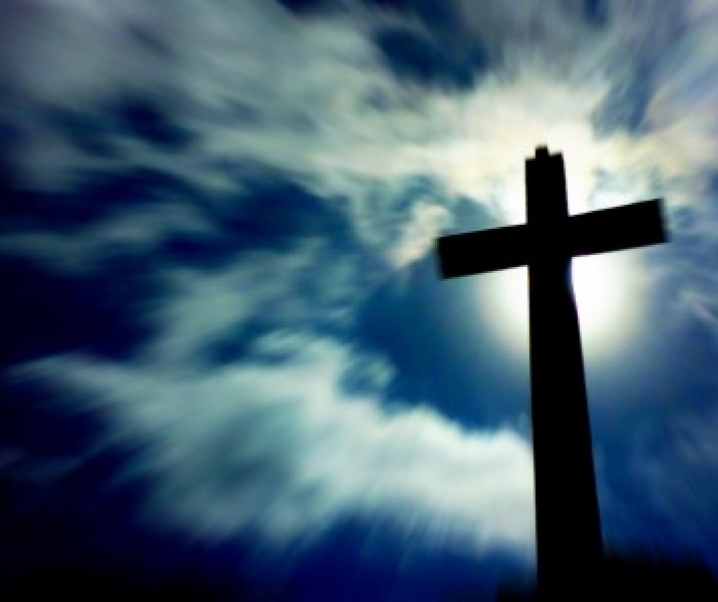


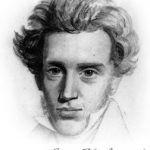
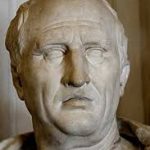

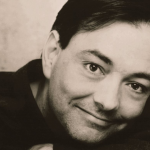



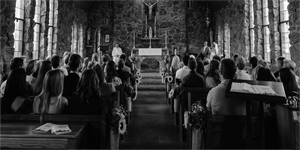

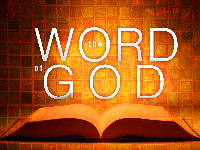

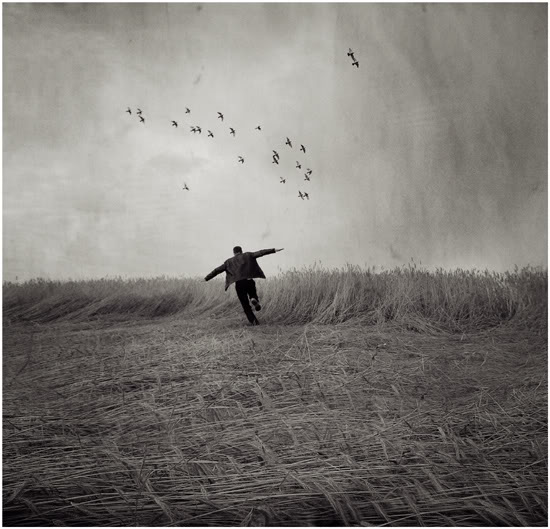


zoritoler imol
December 5, 2023We stumbled over here different web address and thought I might check things out. I like what I see so i am just following you. Look forward to going over your web page yet again.